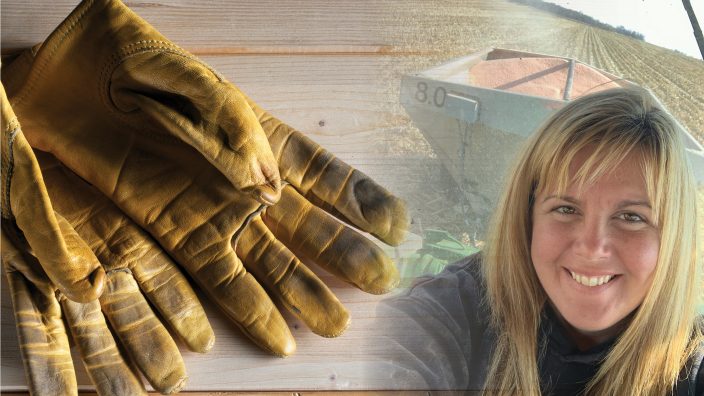Farmer’s Guide to Trucking Regulations available to Ohio Farm Bureau members
The guide includes a farm driver checklist, overview of state and federal regulations and exemptions, CDL qualifications and more.
Read More
When Vicki Vance was growing up her dad never treated her like a girl. The farmer’s daughter, who helped her father custom farm while working an off-the-farm job, was treated no differently from her brother or the employees she worked alongside.
“When I had a question I always got an answer,” she said. It wasn’t until she was farming away from the family that she realized women were sometimes treated just a little differently.
“The joke is if I had a dime for every time someone asked ‘Are you bringing dinner? or ‘Whose wife are you?’ when I came to their farm, I’d be rich,” she said, with a laugh. “When I say ‘I’m here to plant your soybeans’ they say ‘Oh!’”
The perception of women in agriculture is changing as more and more women run farms of their own — or are now simply acknowledged for their role in operating a family farm.
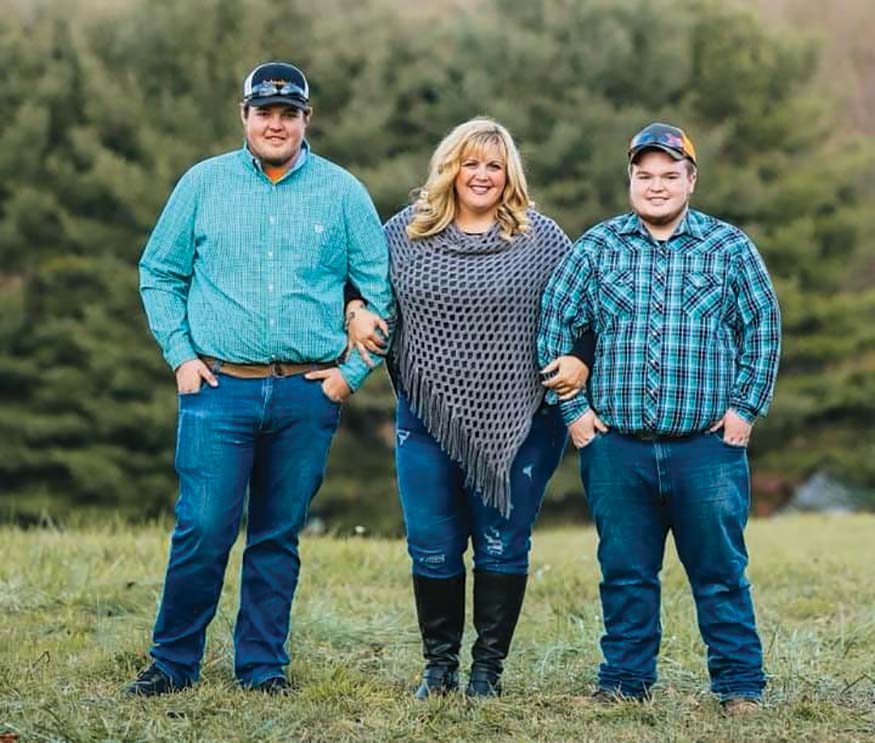
When the 2017 Agricultural Census data was released last year, a dramatic jump in the number of female farmers was noted in news stories nationwide.
While the number of male farmers and ranchers fell 1.7% to 2.17 million from 2012 to 2017, the number of female farmers and ranchers rose by nearly 27% to 1.23 million. But the numbers alone didn’t tell the whole story.
The U.S. Department of Agriculture changed some demographic questions for the 2017 census to better draw in all of the people involved in the decision-making on farms, therefore, most of the new producers added were female.
The changes show 36% of all farmers and ranchers are female and 56% of all farms have at least one female decision-maker. Female farmers and ranchers are most heavily engaged in the day-to-day decisions along with record keeping and financial management.
Women being the backbone of a farming operation is nothing new. What has surfaced more in recent years are women as the head of the farm and willing to share their own stories with consumers and each other.
Vance is one such farmer. The Knox County Farm Bureau board member worked as the farm manager at another farm, where she ran payroll and more on a laptop from a tractor as she helped with planting, monitoring and harvesting crops for the company.
She has since taken a role with another company but loves every minute she can be in the field.
“It is one of my passions,” she said. “Watching everything grow and come off the field that I have been involved with since the very beginning (of the season) is very fulfilling. I love being involved in the entire process of it.”
She likes the challenge of farm equipment as well, including learning how to fix mechanical breakdowns without having to call on anyone else to help. She credits the team she worked with daily for helping her learn and answering questions without judgment, just like her dad did.
The single mother also has her own farm, where she raises hay, cattle, chickens and more with her two sons, Adam and Andrew Green. She’s active with the Knox County Safety Council and the East Ohio Women in Agriculture Conference, a volunteer with both the Farm Science Review and the Farm Progress Show and is a graduate of Annie’s Project. She was also a member of AgriPOWER Class XI, Ohio Farm Bureau’s elite leadership program.
Being involved in women-to-women peer farm experiences such as Annie’s Project and the East Ohio Women in Agriculture Conference has played a large role in her own growth, but also the growth of female farmers as a mentor.
“I see more opportunities for women to get involved in farming, more things to get women out there and feel empowered to (farm),” she said. “There are platforms where they can feel comfortable sharing with peers and not be judged.”
The work Vance and thousands of female farmers around the country do day in and day out is the highlight of FarmHer, a media platform that began telling the stories of women farmers seven years ago through a camera lens.
On a recent episode of Our Ohio Weekly, host Ty Higgins caught up with FarmHer founder and host of Shining Bright Marji Guyler-Alaniz.
She talked about the simple beginnings of the FarmHer movement, which began as a mission to take photographs of women working in all aspects of ag to showcase their work.
“It’s important to me to show them doing that work,” Guyler-Alaniz told Our Ohio Weekly. “You also see this beauty that women bring taking care of animals and nurturing the land.”
The photography project has since snowballed into a phenomenon, with a weekly podcast, a show headed into its fourth season on RFD-TV and a large social media reach.
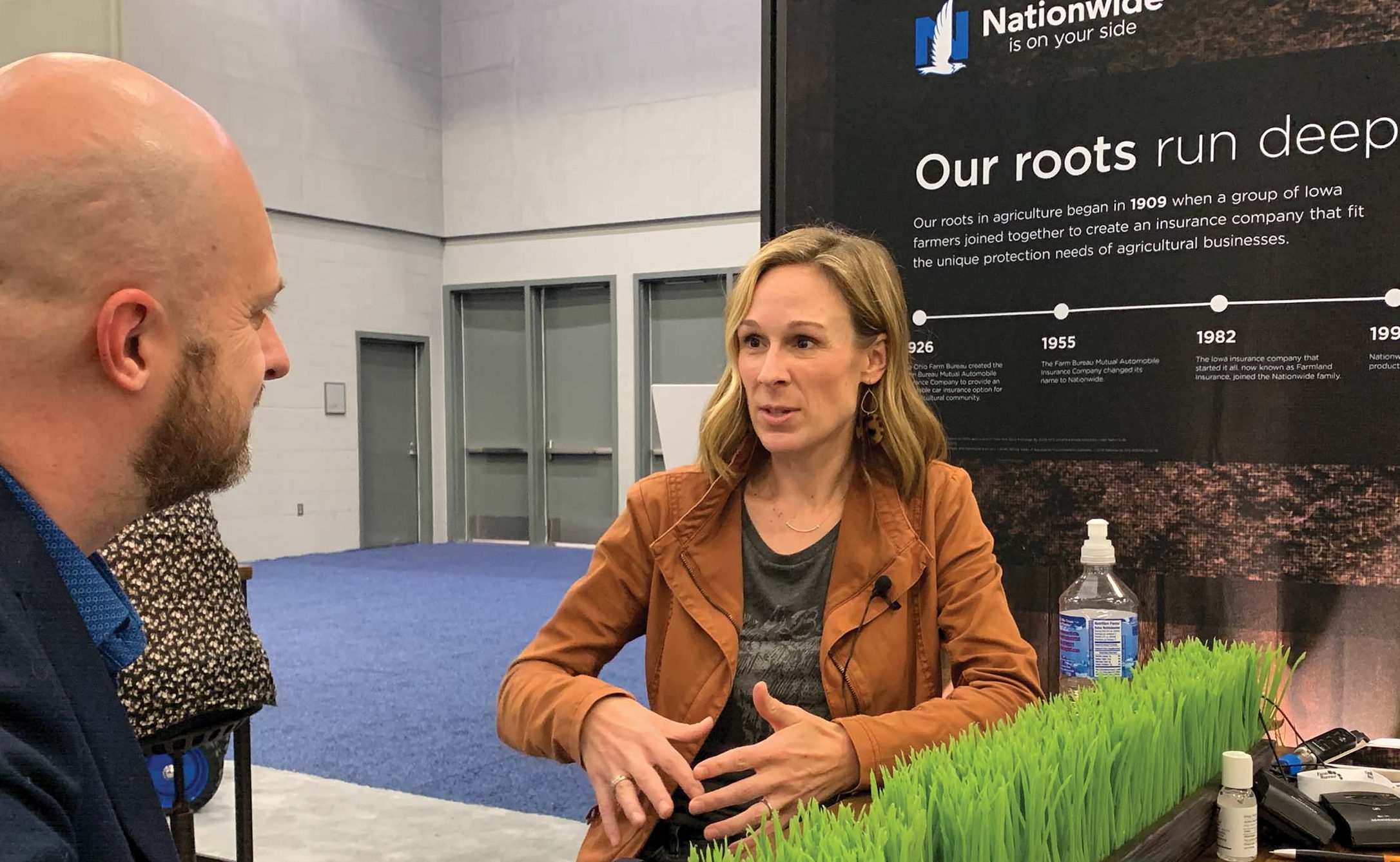
“The women I meet still, to this day, are humble,” Guyler-Alaniz said. “They aren’t going to jump up and down and say ‘Look at me!’ That’s my job. They aren’t going to put themselves in the spotlight. They don’t do it for the glory. They do it because it’s who they are.”
For Vance’s part, there are a couple reasons why she does what she does. Her own personal motto of “I can do it” plays a role, but so do the two people she has spent the most time mentoring — her boys.
“My son, who started a lawn care business when he was 16, was complaining because none of his friends wanted to work with him,” she said. “‘I don’t think they want to work’ he told me. I told him, ‘Maybe their parents never made them.’ I think he’ll remember that his mom always said ‘Let’s do it’ and did it.”
Hear about Women in Ag and much more on Farm Bureau’s Our Ohio Weekly radio show.


The guide includes a farm driver checklist, overview of state and federal regulations and exemptions, CDL qualifications and more.
Read More


Mary Klopfenstein of Delphos has been named Young Ag Professional and Ag Literacy Program Specialist for Ohio Farm Bureau.
Read More

The plan has been updated to give sole proprietors access to more rate stability and a smart solution that offers potential savings on health care.
Read More

The American Farm Bureau Federation, in partnership with Farm Credit, is seeking entrepreneurs to apply online by June 15 for the 2025 Farm Bureau Ag Innovation Challenge.
Read More

Adele Flynn of Wellington has been elected treasurer of the Ohio Farm Bureau Federation and now holds the third highest elected office in Ohio’s largest and most influential farm organization.
Read More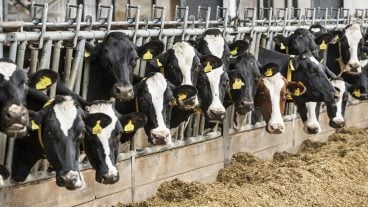
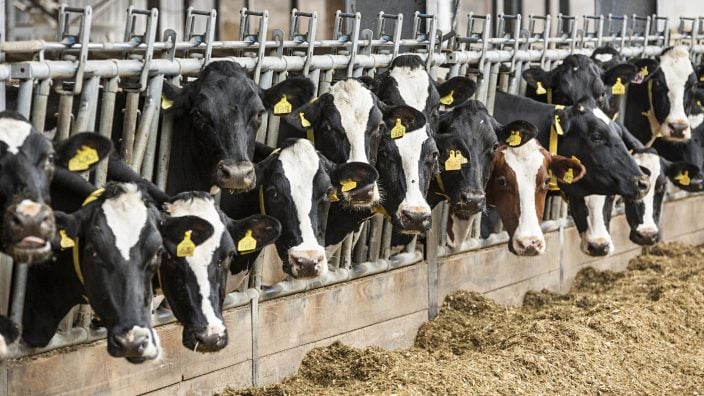
Producers are urged to work with their veterinarian to practice enhanced biosecurity measures and review and limit cattle movements within production systems.
Read More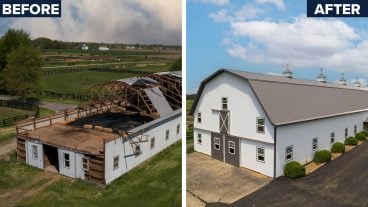
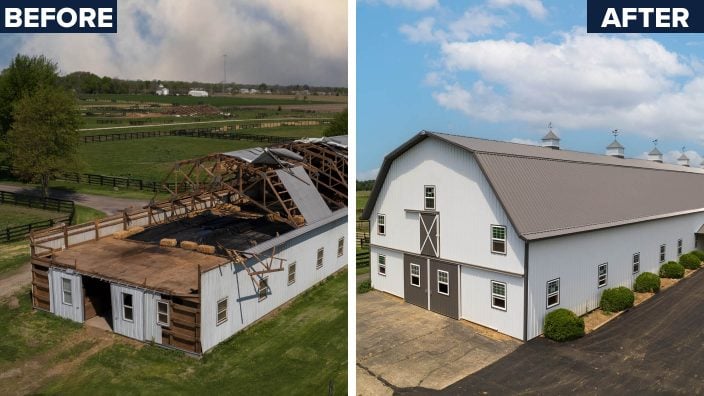
The changing seasons bring with them the need to thoroughly inspect pole barns for any damages that may have occurred during the winter months.
Read More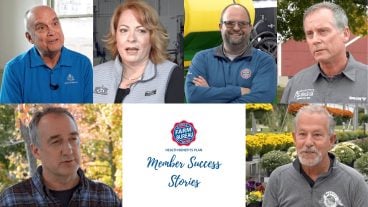
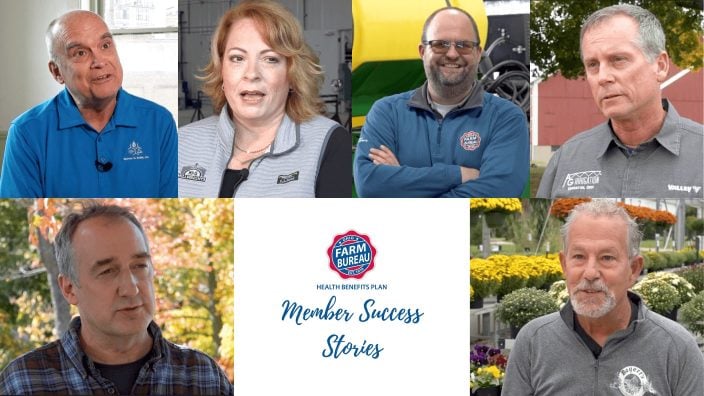
Hundreds of Ohio businesses and sole proprietors are raving about Ohio Farm Bureau’s Health Benefits plan with lower, predictable costs and easy enrollment and administration options.
Read More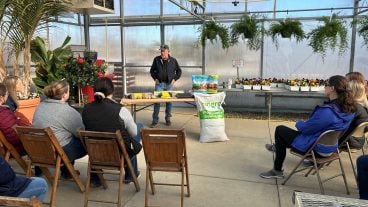
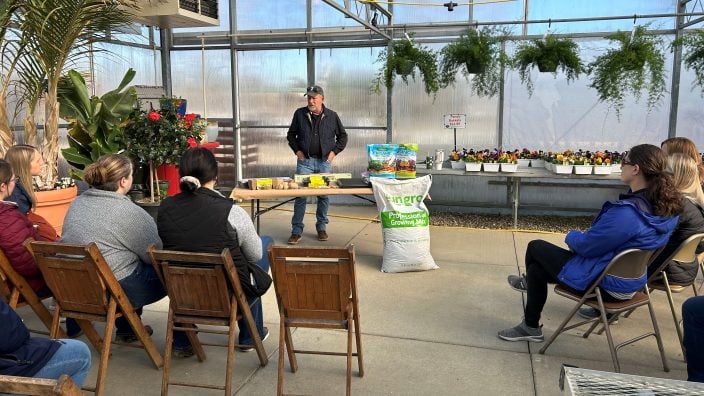
AgriPOWER Class XIV spent a few days in March in Medina and Wayne counties learning more about northern Ohio agriculture from leaders in Ohio Farm Bureau.
Read More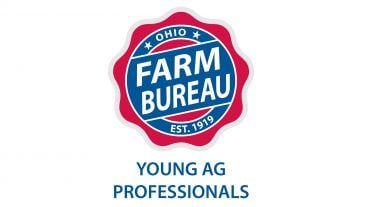
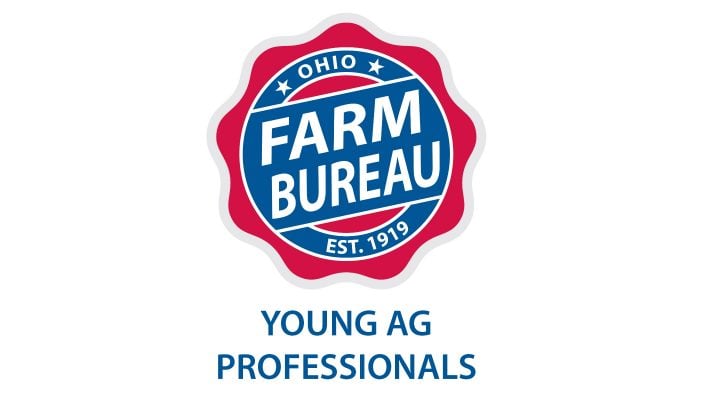
Leading Ohio Farm Bureau’s 2024 YAP State Committee are Luke and Kayla Durbin of Coshocton County, Tim and Sarah Terrill of Montgomery County and Carly Fitz of Perry County.
Read More